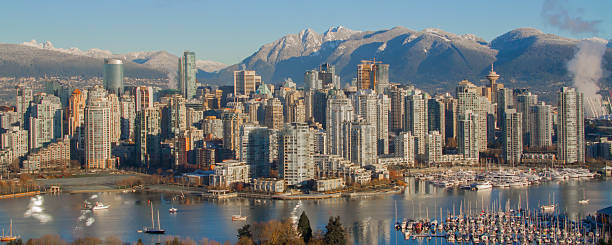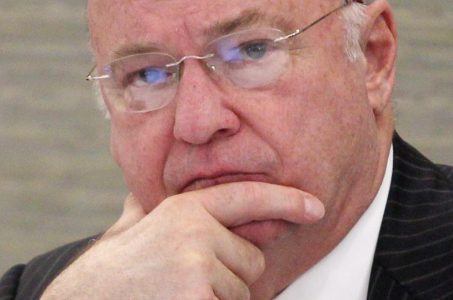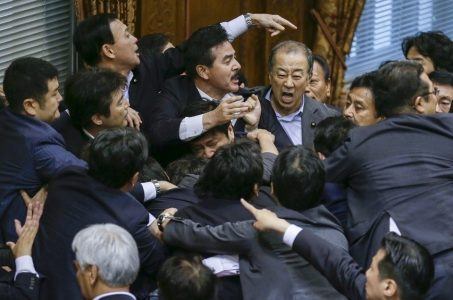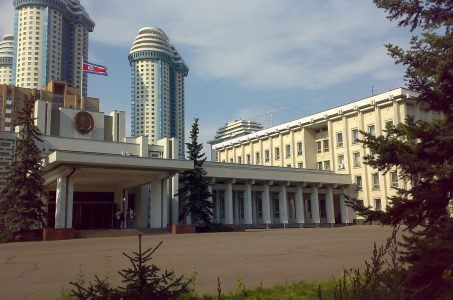BC’s ‘Dirty Money’ Casino Investigation Shifts Focus to Housing Market Bubble
Posted on: July 8, 2018, 10:00h.
Last updated on: July 6, 2018, 08:50h.
In British Columbia, an ongoing casino money laundering investigation is about to enter its second phase, and the province’s overheated housing market will be the target.

Last week, officials detailed how international criminal organizations used Vancouver-area casinos as a means to launder their illegally obtained cash. The report was titled “Dirty Money”, and accused the previous Liberal government of turning a blind eye to organized crime activities taking place right under their noses.
“Dirty Money” report author Peter German has estimated that more than $100 million has been “cleaned” at BC casinos over the past decade.
German will now begin work on a new report looking at a potential secondary effect of the money-laundering scandal: BC’s housing market bubble.
Feeling the Heat
German says the second phase of the investigation will be much trickier than the first, calling it a “larger beast to tackle”.
Finance Minister David Eby concurs, saying “Real estate is more challenging, and so we want to take the time to get it right,” according to the Globe and Mail.
Officials want to find out how criminals may have potentially used dirty cash to fund residential developments and mortgages in British Columbia, as well as the sale of commercial land.
The situation has impacted Vancouver residents, many of whom have been priced out of an overheated market. Even small, run down houses on the edge of town routinely go for over a million dollars.
German believes the two trends are connected, Cameron Muir, who serves as chief economist with the BC Real Estate Association, disagrees. He points out that $100 million in laundered money probably isn’t driving a $37 billion residential real estate industry.
“This is not having a major impact on the housing market,” Muir told the Globe and Mail.
Demanding Answers
This second report may not be the end of the “Dirty Money” probe, either.
BC Premier John Horgan confirmed this week that a full public inquiry may be required to peel back all the layers of the scandal.
“I haven’t ruled that out,” Horgan told reporters at a press conference this week. “I spoke with the Attorney General about just that today.”
Horgan cited the enormous cost of such an inquiry as a possible stumbling point, but the public doesn’t seem to care. According to a new poll, three out of four BC respondents said they would support a full public inquiry into the matter.
Whether that next phase of the investigation is eventually commissioned may depend on the findings of the upcoming one, however.
Related News Articles
Penn National Eschewing Asia to Avoid US Regulatory Scrutiny
Massachusetts Gaming Chair Faces Pressure to Resign
Most Popular
FTC: Casino Resort Fees Must Be Included in Upfront Hotel Rates
Genovese Capo Sentenced for Illegal Gambling on Long Island
NBA Referees Expose Sports Betting Abuse Following Steve Kerr Meltdown
UPDATE: Former Resorts World & MGM Grand Prez Loses Gaming License
Most Commented
-
UPDATE: Whiskey Pete’s Casino Near Las Vegas Closes
— December 20, 2024 — 31 Comments -
Caesars Virginia in Danville Now Accepting Hotel Room Reservations
— November 27, 2024 — 9 Comments -
UPDATE: Former Resorts World & MGM Grand Prez Loses Gaming License
— December 19, 2024 — 8 Comments -
FTC: Casino Resort Fees Must Be Included in Upfront Hotel Rates
— December 17, 2024 — 7 Comments
















Last Comment ( 1 )
Housing Bubble not caused by "dirty money" but by poor math, according to your facts. If $100m was laundered over a decade, or $10m a year this would only allow for the purchase of five, 50' properties each year on the W. Side of the City at the average of $2m each. On average there has been well over a 1000 detached properties sold each year for the last decade. Cameron Muir likely did the math and concluded that 1/2 of 1 % can't move the market let alone cause a housing bubble. ( A similar analysis of the condo market which is double the size would confirm the same result.